Table of Contents
Introduction
Overview of the Rising Interest: In recent years, there has been a noticeable shift towards embracing natural, nutrient-dense foods for weight loss. Many individuals are recognizing the importance of not only shedding pounds but also nourishing their bodies with wholesome foods.
Introduction to Ragi: Amidst this nutritional revolution, Ragi, also known as finger millet, emerges as a potential superfood for weight management. Known for its unique nutritional profile, Ragi holds promise in aiding weight loss while providing essential nutrients.
Understanding Weight Loss and Nutrition
Importance of Nutrition: Weight loss is not just about reducing calories; it's about nourishing the body with the right nutrients. A diet rich in essential vitamins and minerals is crucial for overall health, and Ragi stands out as a grain that can contribute significantly to this aspect.
Challenges in Maintaining a Low-Calorie Diet: Many individuals face challenges when trying to maintain a low-calorie diet, often feeling deprived or lacking satiety. The introduction of nutrient-dense foods like Ragi can address these challenges, making the weight loss journey more sustainable.
Ragi's Nutritional Composition: Understanding the nutritional composition of Ragi is key to appreciating its role in weight loss. Packed with fiber, low in calories, and rich in essential nutrients, Ragi offers a holistic approach to weight management.
Ragi: A Low-Calorie Superfood
Overview of Ragi's Low-Calorie Profile: Ragi is inherently low in calories, making it a fantastic choice for those looking to create a calorie deficit for weight loss. This characteristic allows individuals to consume satisfying portions without compromising their weight loss goals.
Comparison with Other Grains: In comparison to traditional grains, Ragi often outshines in its low-calorie content. This makes it a versatile and impactful addition to a weight loss diet, offering a wholesome alternative without sacrificing taste or nutrition.
Importance of Nutrient Density: Beyond being low in calories, Ragi's nutrient density sets it apart. It provides a range of essential nutrients, ensuring that individuals on a weight loss journey are not only reducing calories but also optimizing their nutritional intake.
Nutritional Benefits of Ragi for Weight Loss
High Fiber Content: One of Ragi's standout features is its high fiber content. Fiber is crucial for promoting satiety, reducing overall calorie intake, and maintaining a healthy digestive system. This makes Ragi an excellent choice for those aiming to control their weight.
Low Glycemic Index: Ragi's low glycemic index ensures a slow and steady release of glucose into the bloodstream. This not only helps in stabilizing blood sugar levels but also prevents sudden spikes and crashes, supporting a more consistent energy level throughout the day.
Essential Nutrients: In addition to its role in weight loss, Ragi is a rich source of essential nutrients such as iron, calcium, and other micronutrients. These contribute to overall health and well-being, making weight loss efforts more sustainable and holistic.
Ragi-Based Meals for Weight Loss
Ragi Porridge Recipes: Ragi porridge, a simple yet nourishing dish, can be a go-to breakfast option. Enriched with fruits and nuts, it provides a satisfying start to the day while aligning with weight loss goals.
Ragi Smoothies: Ragi can be seamlessly integrated into smoothies, offering a nutrient-packed beverage that keeps you full and energized. Combining Ragi with fruits, greens, and a protein source creates a wholesome and delicious smoothie.
Ragi Salads and Snacks: Ragi's versatility shines in salads and snacks. Incorporating popped Ragi into salads or preparing Ragi-based snacks provides a crunchy, flavorful option for those in search of low-calorie alternatives.
Ragi in a Balanced Diet Plan
Integrating Ragi into Daily Meals: The key to successful weight loss is sustainability. Integrating Ragi into daily meals ensures a consistent and enjoyable approach to nutrition. Ragi can be included in various forms, such as rotis, dosas, or as a side dish.
Portion Control Strategies: While Ragi is low in calories, portion control remains crucial. Understanding appropriate serving sizes and combining Ragi with a variety of other nutrient-dense foods creates a balanced meal plan that supports weight loss.
Creating a Balanced Meal Plan: Designing a meal plan that includes a variety of food groups alongside Ragi ensures that individuals receive a spectrum of nutrients. A balanced approach promotes overall health and facilitates long-term weight management.
Ragi and Metabolism Boost
Potential Impact on Metabolism: Some studies suggest that Ragi may have a positive impact on metabolism, contributing to more efficient calorie burning. While further research is needed, incorporating Ragi into a diet designed to boost metabolism aligns with broader weight loss strategies.
Contribution to Calorie-Burning Process: The unique nutritional composition of Ragi, including its fiber content and micronutrients, may play a role in supporting metabolic processes. This, coupled with a healthy lifestyle, contributes to a comprehensive approach to weight management.
Incorporating Ragi into a Holistic Approach: Ragi is not a standalone solution for weight loss but can be a valuable component of a holistic approach. Pairing Ragi with regular physical activity and a well-rounded diet enhances its potential benefits for metabolism and weight management.

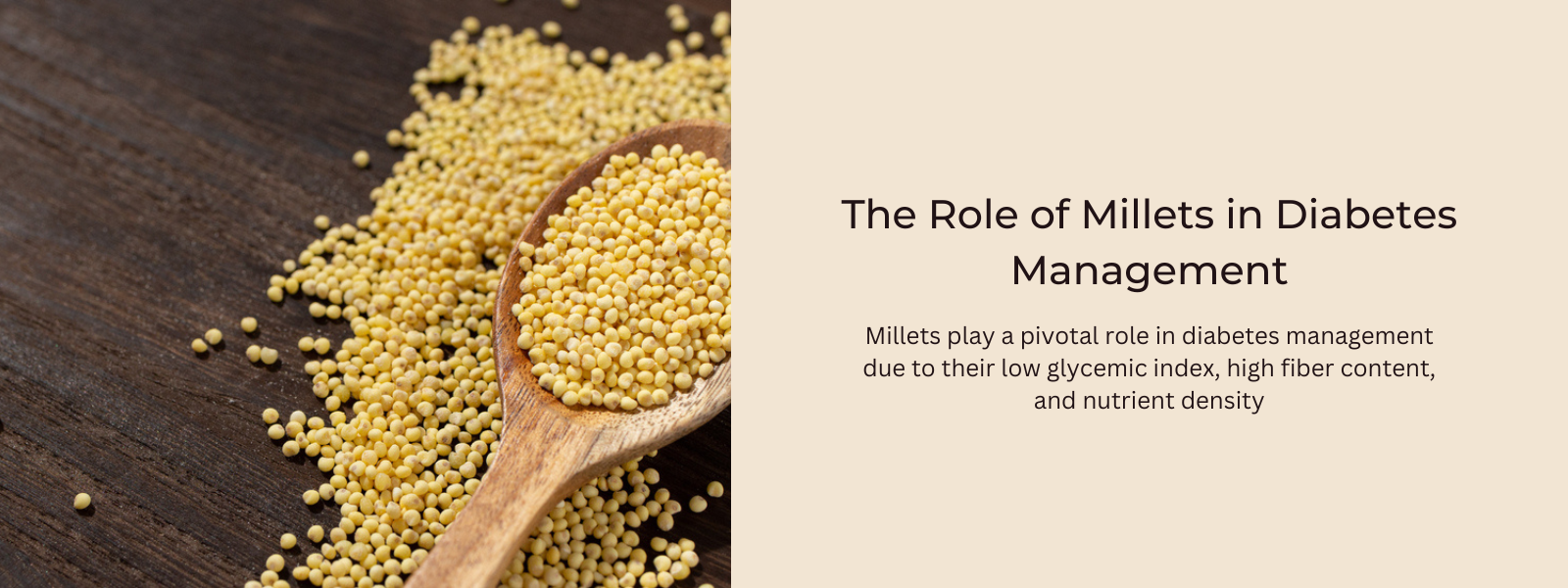
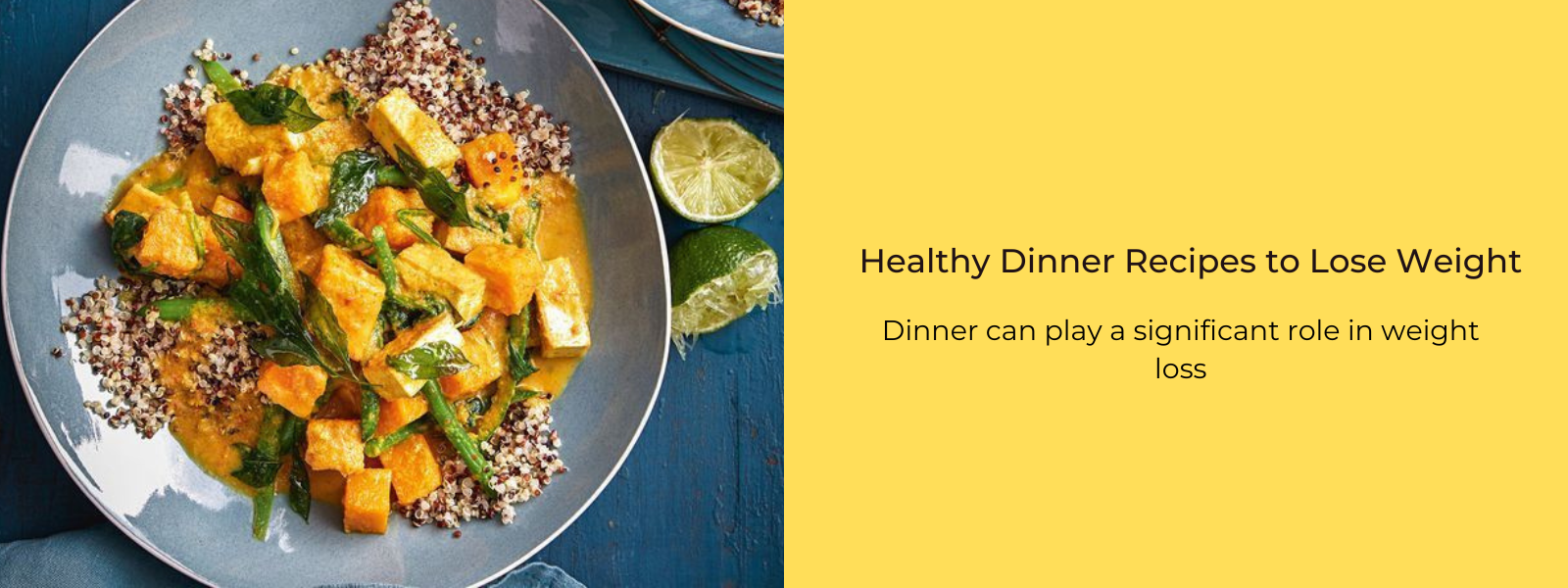
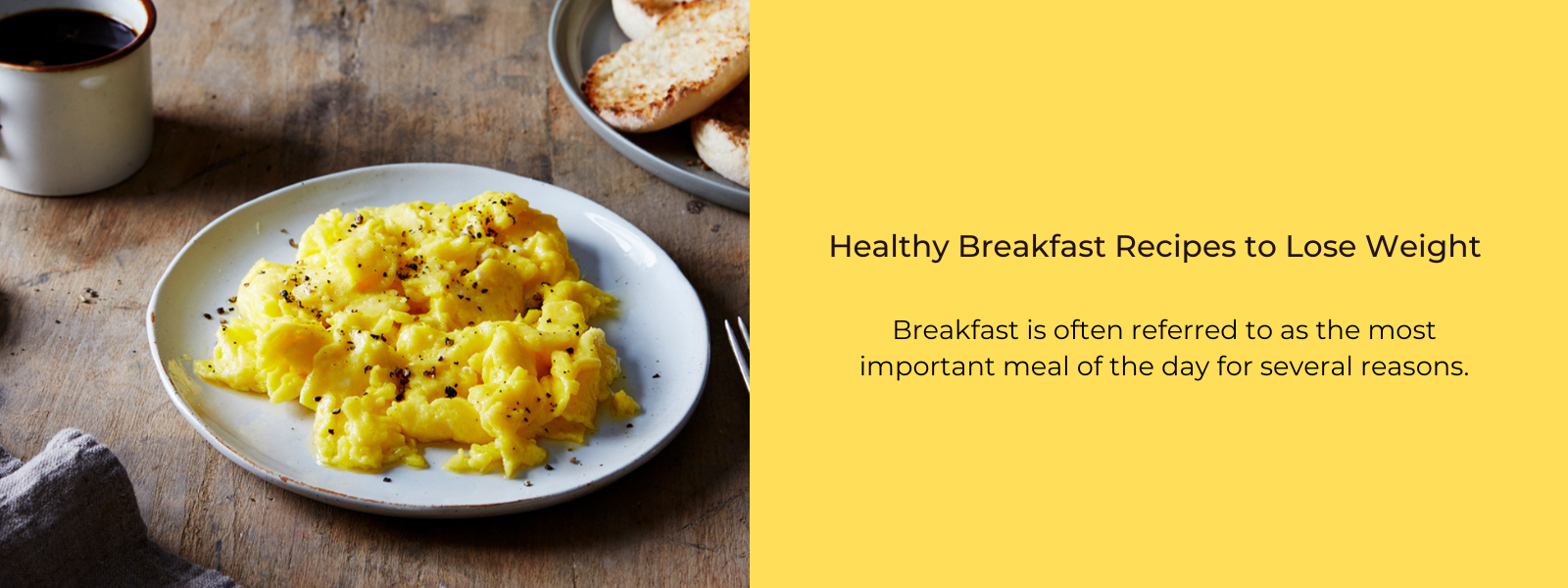

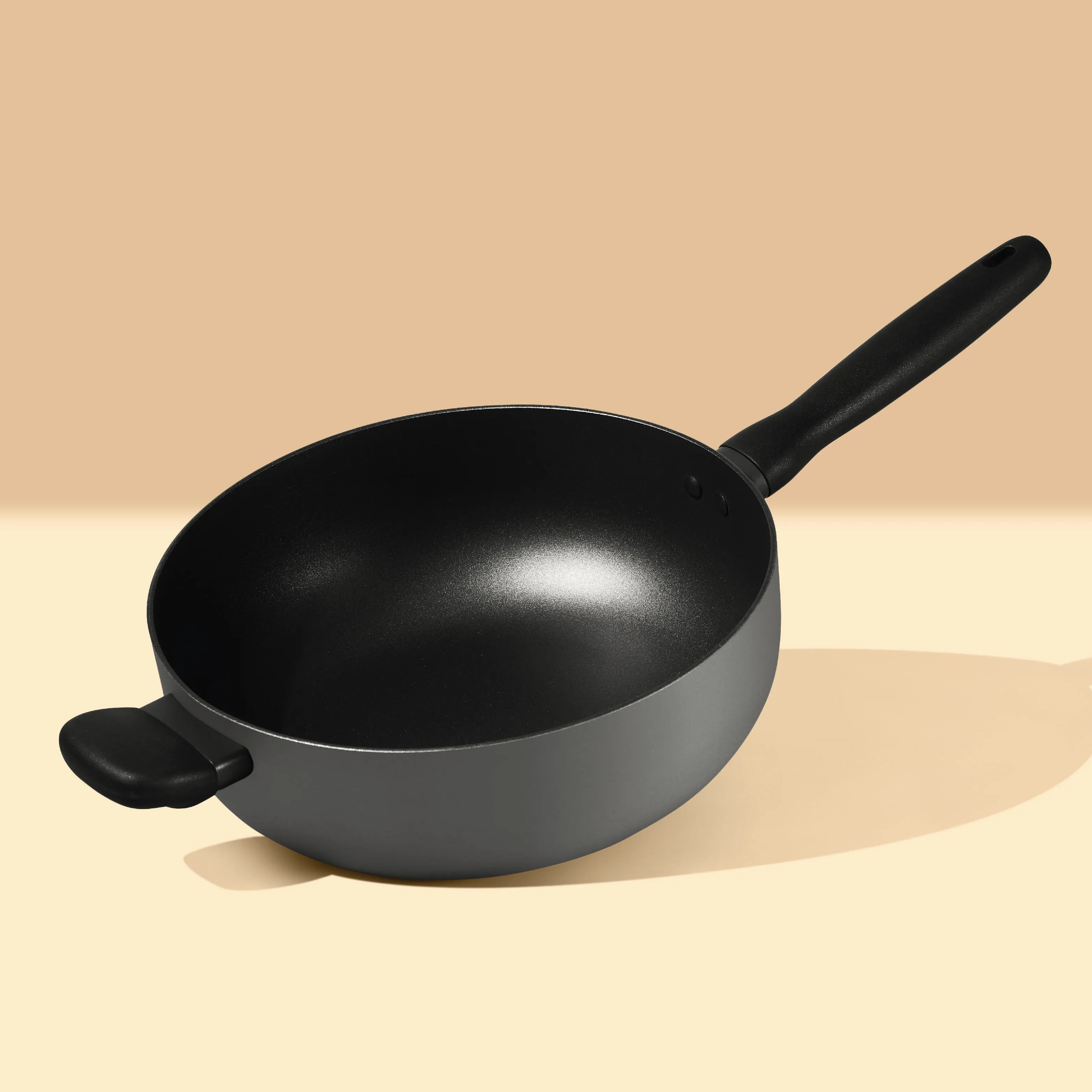
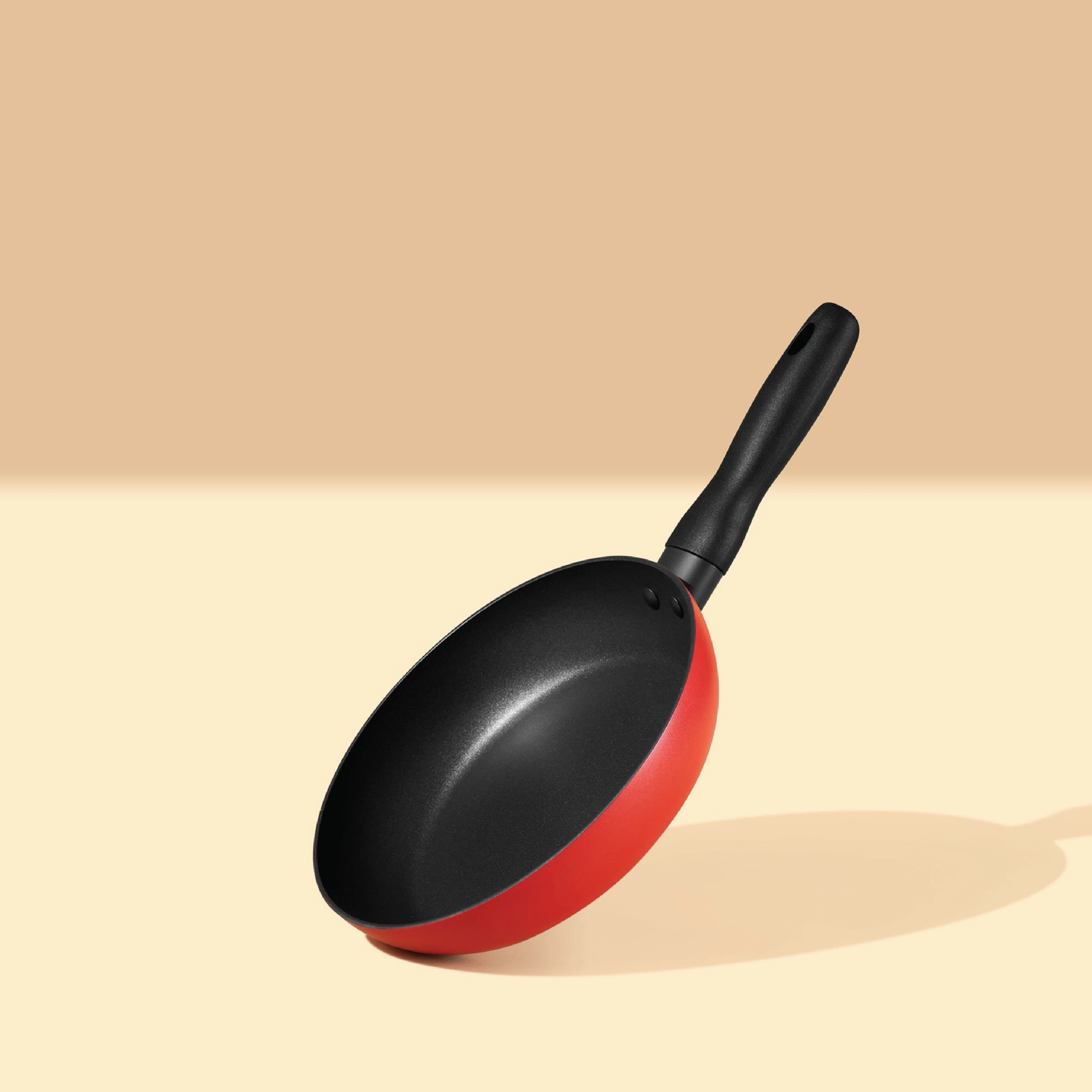




Leave a comment